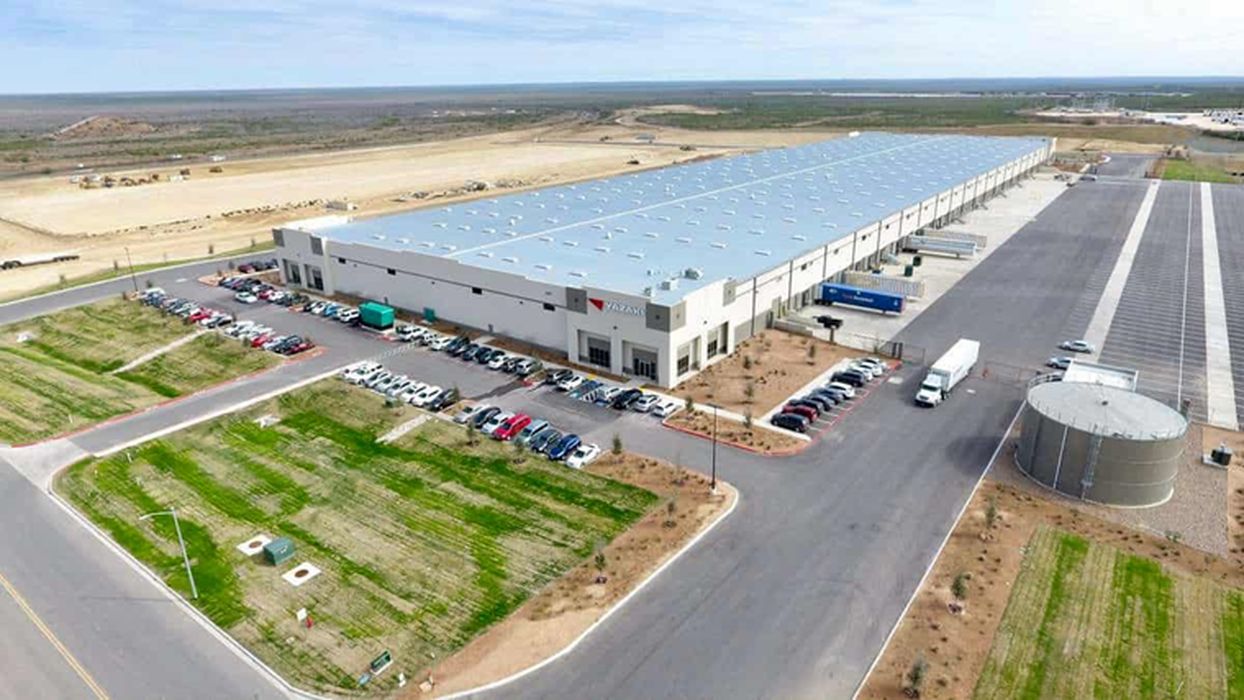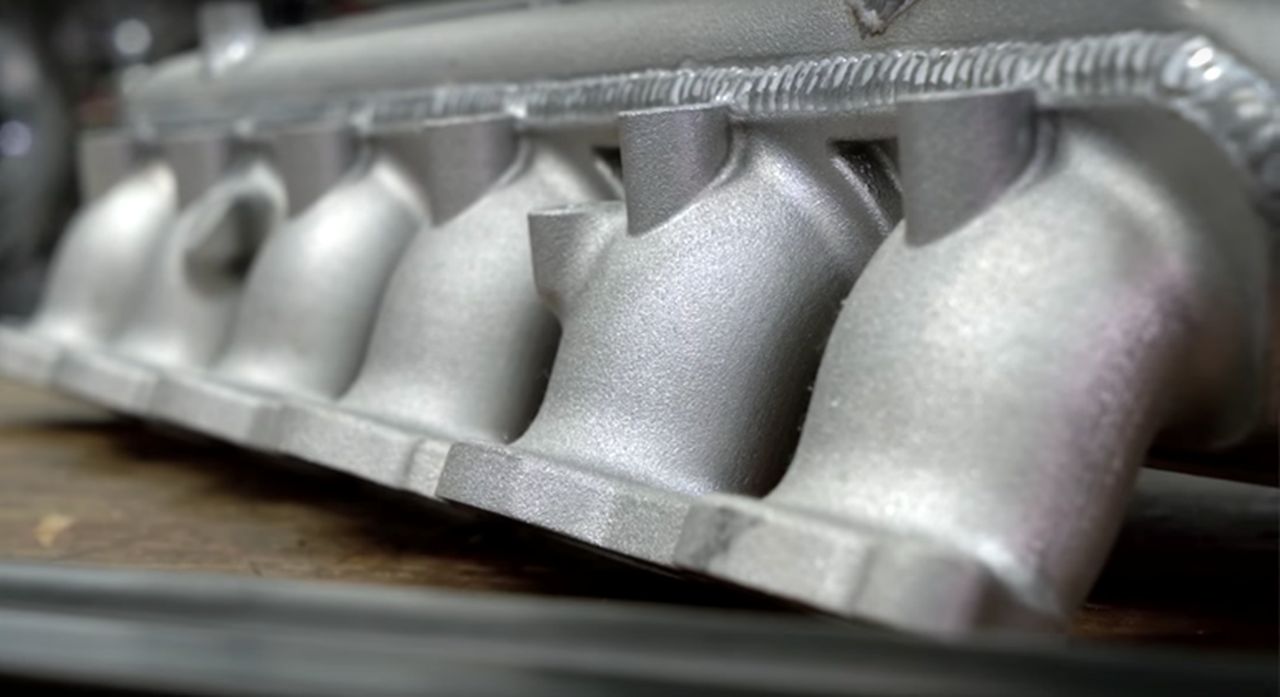Charles R. Goulding and Preeti Sulibhavi look at manufacturing tensions between three countries.

President Joe Biden, Mexican President Andrés Manuel López Obrador and Canadian Prime Minister Justin Trudeau met for a series of talks on migration, trade, and climate change in early January, as the three leaders try to mend tensions that have divided the continent.
The three-way gathering is held almost annually. It’s often called the “Three Amigos Summit,” a reference to the friendly, diplomatic, and economic ties among the countries.
However, the leaders still found themselves at odds at times, especially as the US has struggled to handle the large influx of migrants.
In addition, Canada and the US accuse López Obrador of violating a NAFTA free trade pact by favoring Mexico’s state-owned utility over power plants built by foreign and private investors. Meanwhile, Trudeau and López Obrador are concerned about Biden’s efforts to boost domestic manufacturing, creating concerns that US neighbors could be left behind. Nobody is happy and nobody seems to be winning at this juncture.
In early 2023, the US lost a major trade retaliation case concerning the rules of origin for auto parts. This may cause a reconsideration of current auto industry supply chains.
At the January 2023 Consumer Electronics Trade (CET) show in Las Vegas, the automotive parts association (APA), a Canadian trade organization showcased Project Arrow, a 3D printed electric vehicle (EV) car chassis, made from Canadian developed intellectual property. Canada’s focus on EV car assembly will also impact the future Amigos’ relationship.

Now, to add fuel to the flames, the trade boom between the US and Mexico is creating a backlog at the bridge spanning the Rio Grande. The border town of Laredo, Texas, is positioned to become one of the world’s most voluminous land trade ports because of the growth in trade between the two countries as both are aiming to be less dependent on Asia. Currently, 2 million square feet of warehouse space is said to be completed or under construction by Majestic Realty Co in Laredo. US$800M worth of goods pass through Laredo daily, and they include everything from auto parts to avocados.

We see 3D printing as a way to address the backlog at the border. Items such as auto parts, home goods, and personal care products, can all be fabricated using 3D printers.
Many supply chain issues that arose during the pandemic can be addressed by using local area 3D printing.
The Research & Development Tax Credit
The now permanent Research and Development (R&D) Tax Credit is available for companies developing new or improved products, processes and/or software.
3D printing can help boost a company’s R&D Tax Credits. Wages for technical employees creating, testing and revising 3D printed prototypes can be included as a percentage of eligible time spent for the R&D Tax Credit. Similarly, when used as a method of improving a process, time spent integrating 3D printing hardware and software counts as an eligible activity. Lastly, when used for modeling and preproduction, the costs of filaments consumed during the development process may also be recovered.
Whether it is used for creating and testing prototypes or for final production, 3D printing is a great indicator that R&D Credit eligible activities are taking place. Companies implementing this technology at any point should consider taking advantage of R&D Tax Credits.
Conclusion
The “Three Amigos Summit” represents an opportunity for the 3D printing industry to get involved and be a part of the supply chain backlog and cross border trade solution.
